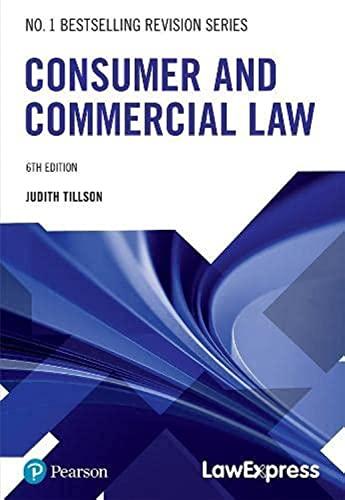Should Liberty Be Sacrificed For Security? Korematsu v. United States Historical Context: Fred Korematsu was an American citizen of Japanese ancestry born in San Francisco. Wanting to serve his country in the war effort, he tried to join the military but was denied for health reasons. Undeterred from doing his part, he got a job as a welder in the defense industry. He was engaged to an Italian-American woman & did not want to leave his job & fiance when ordered to report to a relocation center. Instead he moved to a neighboring town & underwent plastic surgery to convince authorities he was of Spanish-Hawaiian origin. In May 1942, he was arrested...convicted, sentenced to five years in prison, paroled & sent to the internment camp at Topaz, Utah. Korematsu challenged the wartime provisions, believing that the president & Congress had exceeded their war powers by implementing exclusion & restricting the rights of Americans of Japanese descent. Why was Korematsu arrested? Document 1: Justice Black, Majority opinion It is said that we are dealing here with the case of imprisonment of a citizen in a concentration camp solely because of his ancestry, without evidence or inquiry concerning his loyalty and good disposition towards the United States. Our task would be simple, our duty clear, were this a case involving the imprisonment of a loyal citizen in a concentration camp because of racial prejudice. Regardless of the true nature of the assembly and relocation centers -- and we deem it unjustifiable to call them concentration camps, with all the ugly connotations that term implies -- we are dealing specifically with nothing but an exclusion order. To cast this case into outlines of racial prejudice, without reference to the real military dangers which were presented, merely confuses the issue. Korematsu was not excluded from the Military Area because of hostility to him or his race. He was excluded because we are at war with the Japanese Empire, because the properly constituted military authorities feared an invasion of our West Coast and felt constrained to take proper security measures, because they decided that the military urgency of the situation demanded that all citizens of Japanese ancestry be segregated from the West Coast temporarily, and, finally, because Congress, reposing its confidence in this time of war in our military leaders -- as inevitably it must -- determined that they should have the power to do just this. There was evidence of disloyalty on the part of some, the military authorities considered that the need for action was great, and time was short. We cannot -- by availing ourselves of the calm perspective of hindsight -- now say that, at that time, these actions were unjustified. Source: 323 U.S. 214 Korematsu v. United States (No. 22) Argued: October 11, 12, 1944 Decided: December 18, 1944, 140 F.2d 289, affirmed. Document 2: Justice Murphy Dissent . . . The main reasons relied upon by those responsible for the forced evacuation, therefore, do not prove a reasonable relation between the group characteristics of Japanese Americans and the dangers of invasion, sabotage and espionage. The reasons appear, instead, to be largely an accumulation of much of the misinformation, half-truths and insinuations that for years have been directed against Japanese Americans by people with racial and economic prejudices - the same people who have been among the foremost advocates of the evacuation. ..I dissent, therefore, from this legalization of racism. Racial discrimination in any form and in any degree has no justifiable part whatever in our democratic way of life. It is unattractive in any setting but it is utterly revolting among a free people who have embraced the principles set forth in the Constitution of the United States. All residents of this nation are kin in some way by blood or culture to a foreign land. Yet they are primarily and necessarily a part of the new and distinct civilization of the United States. They must accordingly be treated at all times as the heirs of the American experiment and as entitled to all the rights and freedoms guaranteed by the Constitution. Cite two pieces of evidence to justify the majority & dissenting opinions in this case: Majority Opinion: Minority/Dissenting Opinion







